U.S. experts have expressed grave concerns over the damage by fires and chemical contamination to people and the environment following a disastrous train derailment in the U.S. state of Ohio.
On Feb. 3, a train carrying vinyl chloride, a dangerous colorless gas, derailed in East Palestine of Ohio, near the border with Pennsylvania. About 50 cars crushed onto each other. Many of them contained hazardous chemicals including butyl acrylate and vinyl chloride, which were among the combustible liquids that authorities feared could set off a major explosion.
On Feb. 6, authorities allowed Norfolk Southern, the transportation company operating the train, to run so-called "controlled explosion" of the hazardous chemicals, which caused a large plume of black smoke.
"The controlled burn sent massive quantities of black carbon into the air as well as uncombusted fumes. Black carbon alone kills one out of eight people prematurely world wide. This incident simply contributes to that along with many other sources," Jay H. Jones, professor of biology and biochemistry at the University of La Verne, told Xinhua in an interview on Tuesday.
"The result was destruction and possible ecological death, immediate and chronic," said Evaggelos Vallianatos, a historian and an ecopolitical theorist.
According to the U.S. Environmental Protection Agency (EPA), about 20 rail cars were reported to have been carrying hazardous materials. Vinyl chloride, butyl acrylate, ethylhexyl acrylate and ethylene glycol monobutyl ethers were released to the air, surface soil and surface waters, the EPA said.
The accident left a mangled and charred mass of boxcars and flames, and sparked people's fears about health and environmental impacts.
"Of the released chemicals, vinyl chloride is certain to cause large harm. It is used for mass production of plastic products. Vinyl chloride causes cancer, and breathed at large quantities, causes death," Vallianatos, a former EPA analyst, explained to Xinhua in an interview.
The black smoke and fires billowing from the explosive site reached heavens, and the winds pushing the cancer gas and smoke into people's homes and river waters and wildlife, he said. In addition, burning vinyl chloride adds poisons to the air: hydrogen chloride and phosgene, both "extremely dangerous," he noted.
Phosgene dated from World War I chemical warfare, according to Vallianatos.
Authorities launched a federal investigation and monitored air quality from the various hazardous chemicals in the train.
Local officials have insisted that the air is safe to breathe and the water is safe to drink in East Palestine. But health and environmental concerns are mounting as there have been a growing number of reports about people experiencing a burning sensation in their eyes, animals falling ill and a strong odor lingering in the town.
"One can judge the presence of these chemicals by smell. I would use my own senses to assess the presence of the toxic components," Jones told Xinhua.
There is an incentive for governments and businesses to indicate conditions are now safe and it may not be for particular homes, he said.
"In fact, Ohio and other neighboring states rushed to assure their residents all was well with the air and drinking water. But these soothing messages do not explain why the deadly accident happened," Vallianatos noted.
"Was the reason of derailment a mechanical problem? Not good brakes? Or more likely, oligarchic corporate power and the terrible treatment of the railroad workers?" Vallianatos questioned.
The affected community, the thousands of people living in East Palestine, will pay a terrible price from lingering diseases and deaths, he said.
"It was also inappropriate for the authorities to dump chemicals from several train cars and burn them out in the open. Is the ecological and human health harm insignificant? On the contrary, that harm will exacerbate the first shock of exposure of people and nature to the chemicals and fires of the derailment," Vallianatos noted.
The accident also raised questions on the safety of transporting hazardous chemicals as well as management.
"Uncontrolled corporate power is responsible for the derailment in Ohio. It is so pervasive that business as usual is becoming sacrosanct. The weakened federal government and state governments all but assure these accidents will continue," Vallianatos told Xinhua.
Jones said the U.S. government should support for improving rail system, which has declined since the 1950s. "The U.S. is far behind China in this regard."
The government should also tax toxic materials such as vinyl chloride to reduce their production and provide funding for prevention and cleanup, Jones noted.










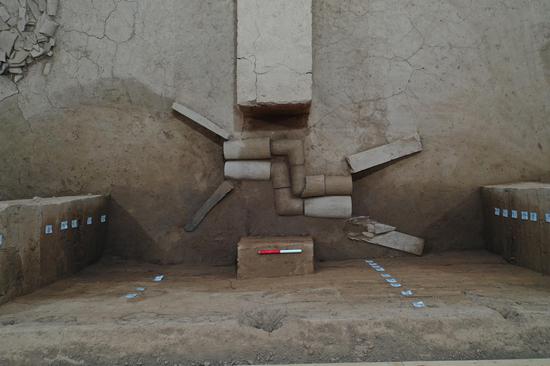


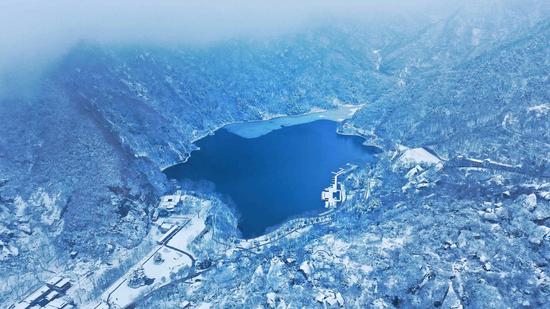
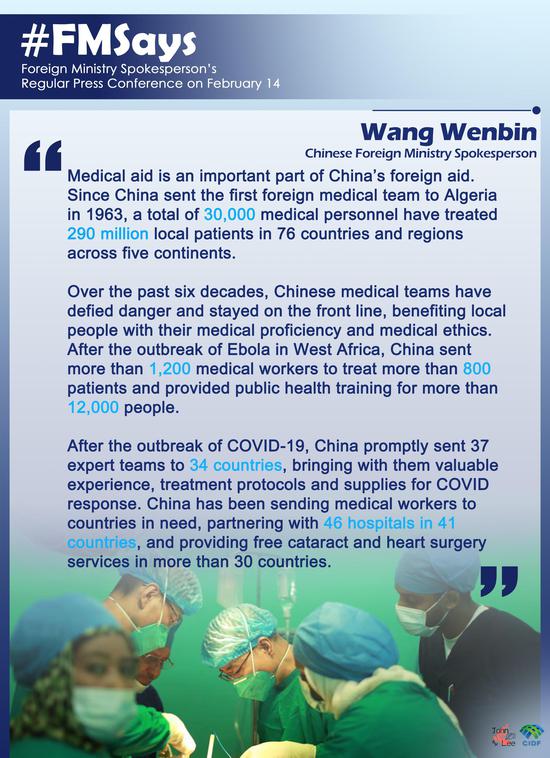
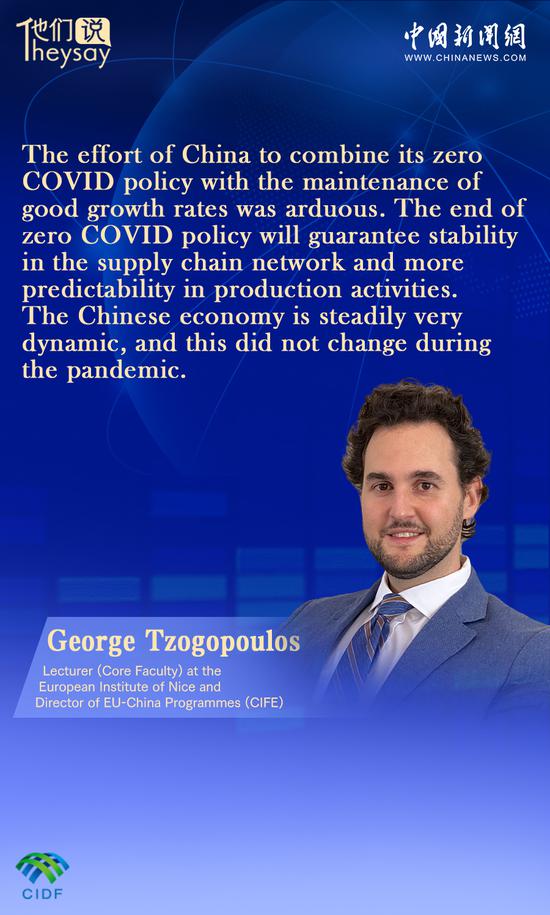
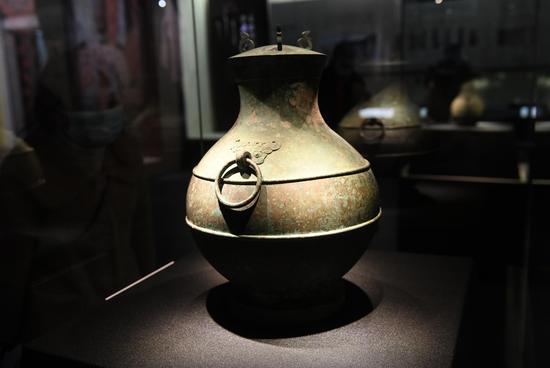
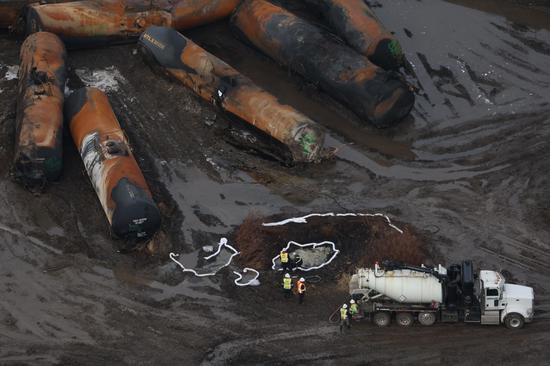








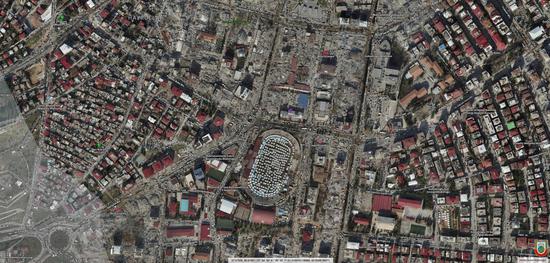

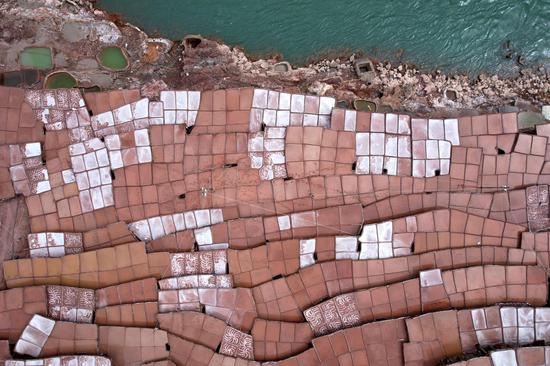

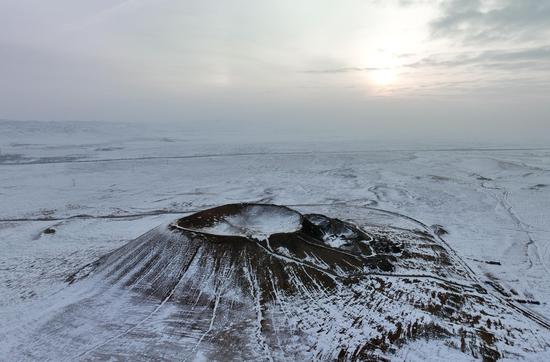

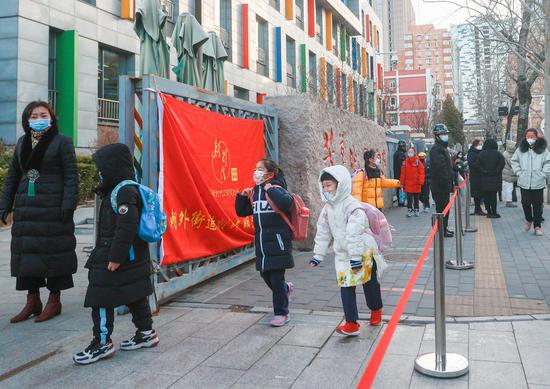
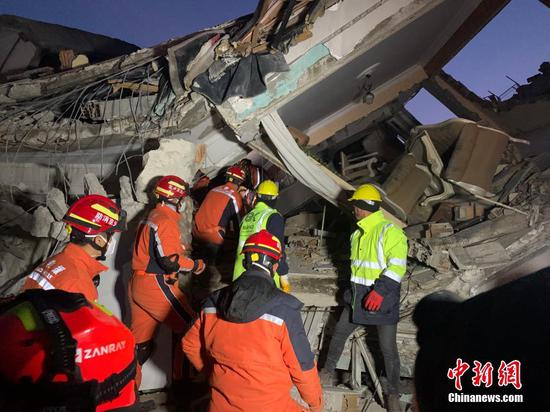


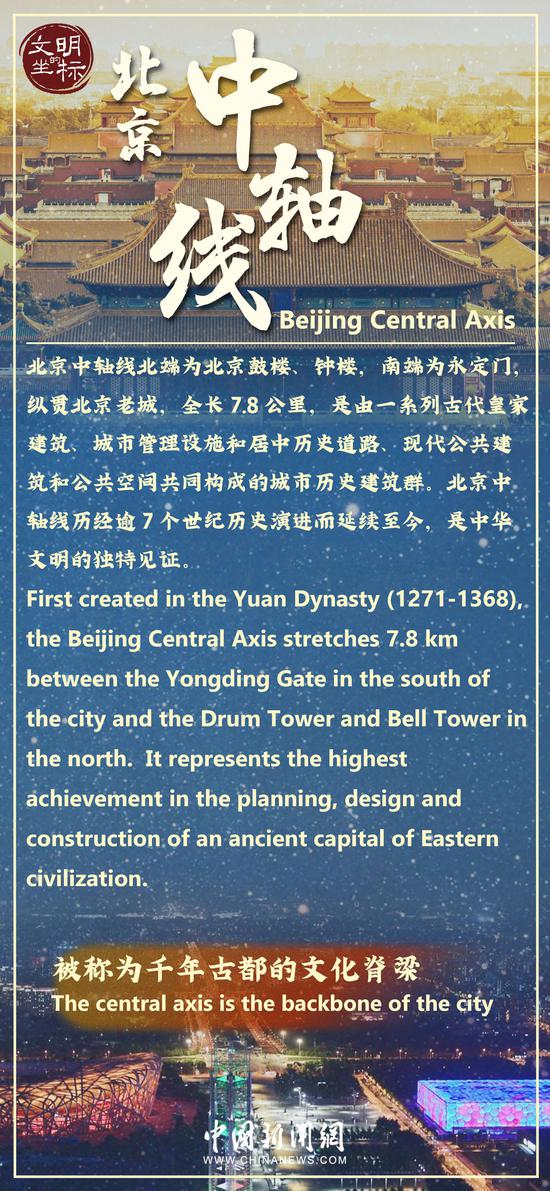

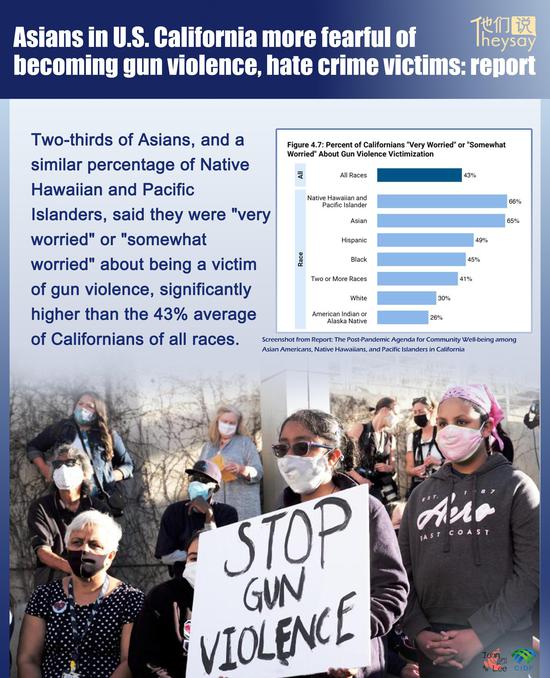
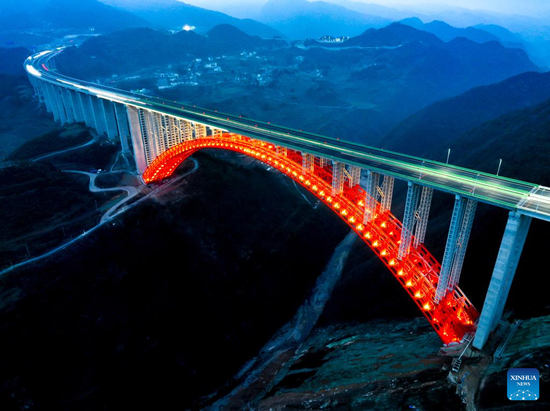

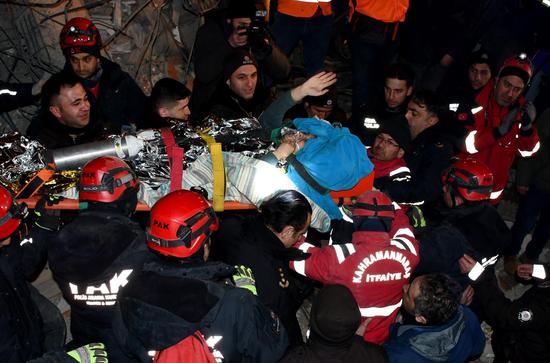
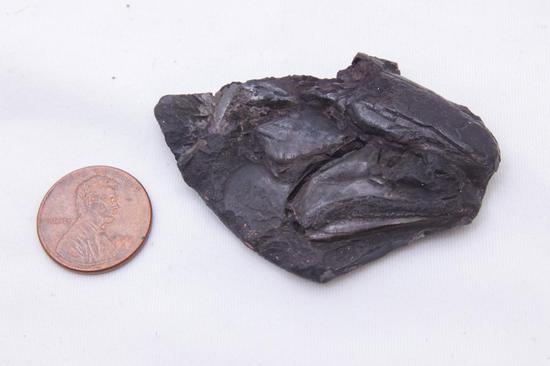
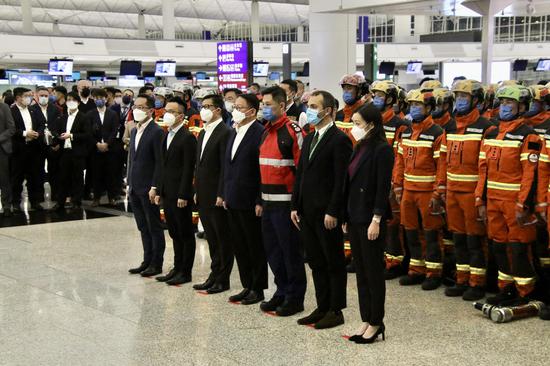
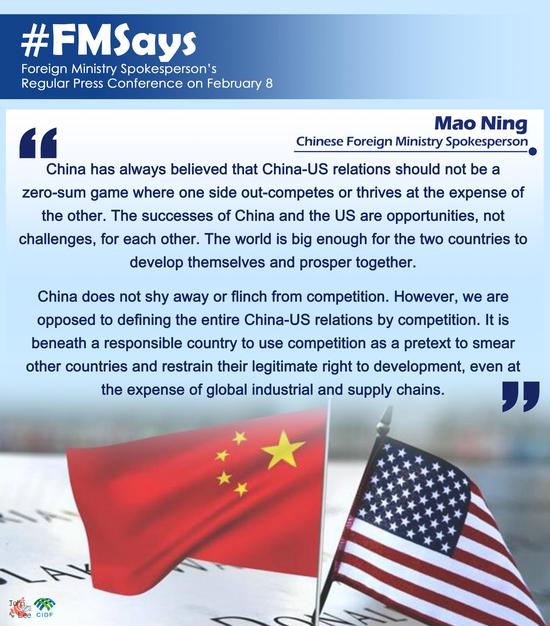





 京公网安备 11010202009201号
京公网安备 11010202009201号